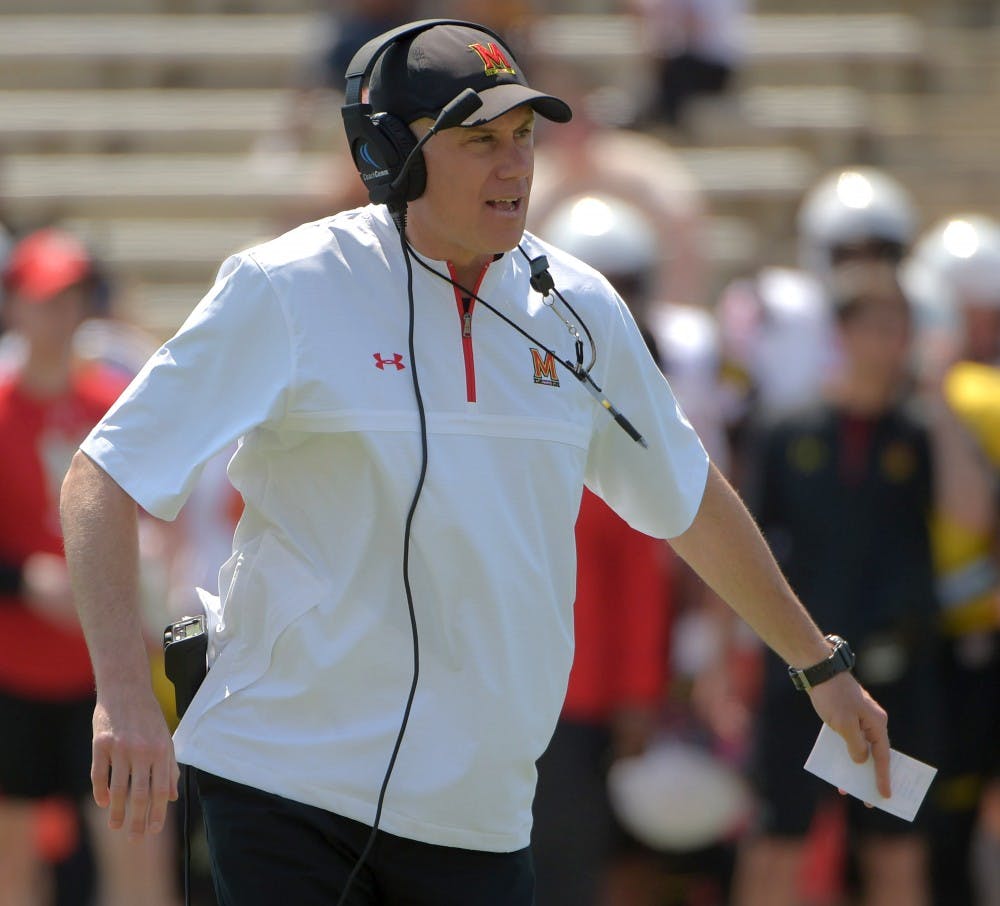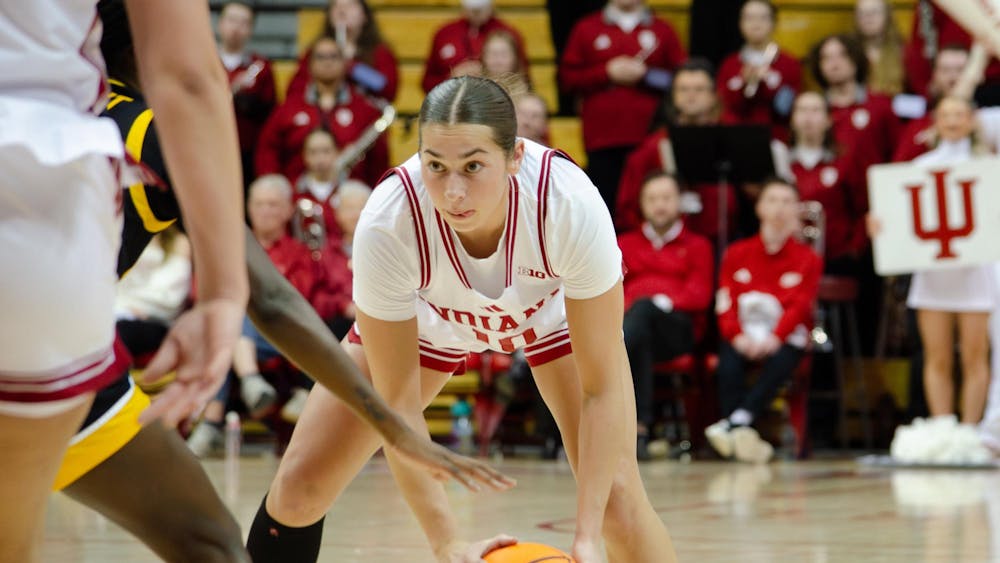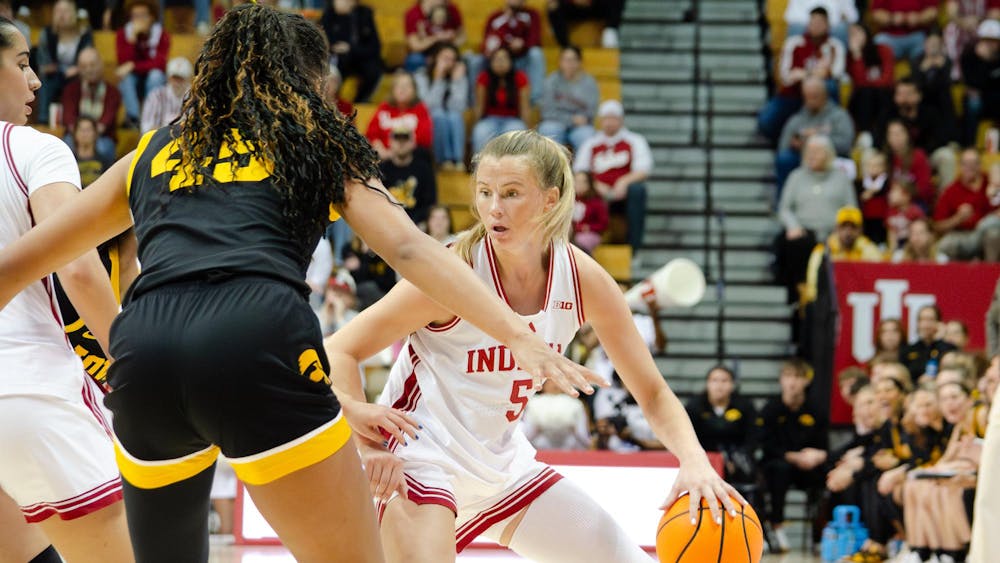My first memory of a coach challenging me was at an under-13 lacrosse tournament in Ocean City, Maryland.
My coach had a long-standing reputation of being contentious and downright rude. Fiery and feisty, he was never one to mince words.
As I chased down a defender while our opponents attempted to clear the ball, my coach screamed out in a beyond-sarcastic tone, “You better run Ben because it would break my heart to pull you off the field.”
Looking back, the comment was humorous in nature. It was slightly derogatory, but in all reality it was nothing more than a plea to scare my feet into moving faster with a threat of riding the pine.
I never really faced a completely demeaning or physically abusive coach. Whether it was in my decade playing youth and high school lacrosse, the year and a half I played at IU, or in my short-lived high school football career, it just wasn’t something I saw.
In truth, it never should have been.
But for the football players at Maryland under head coach D.J. Durkin, exploitation and castigation were grim realities.
Since Durkin was suspended indefinitely Aug. 11 in the wake of sophomore offensive lineman Jordan McNair’s death during a team workout, details of the hostile coach-player relationships that persisted in the Terrapins’ locker room have seeped out of the floorboards in College Park.
Of those facts that arose, it was reported that Maryland training staff mishandled McNair’s initial diagnosis and that allegations of raging psychological and physical abuse by the coaching staff existed.
Of course this isn’t the first case of player mistreatment in recent years.
Just three years ago, former IU Coach and now Ohio State offensive coordinator Kevin Wilson was canned for forcing players back from injury and creating a hostile environment within the Indiana program.
In December 2009, now Washington State Coach Mike Leach was relieved of his duties at Texas Tech for forcing a concussed player into small dark enclosures during practices.
Point being, this isn’t an isolated incident.
For what it’s worth, Wilson’s replacement, Tom Allen, assured the media earlier this season that player safety was a main priority for he and his staff.
“I believe kids respond to you when they know that you believe in them and you love them and when you get to those two points you can push them extremely hard,” Allen said. “And that’s the balance.”
To Allen’s credit the question was a generalized national landscape issue, and IU's bench boss gave a seemingly legitimate answer off the cuff. If anything, that should be encouraging for Indiana confidants.
Allen’s comments aside, the crux of the Maryland saga and previous matters of player mistreatment is where, societally, we societally draw the line.
As a former high school athlete I can attest that football is a violent, contact sport. Further, there’s a case to be made for coaches pushing players to their limits. When one’s body wants to quit on you, intensity can lead you over mental hurdles you didn’t believe possible.
That said, a line does exist.
The National Center for Chronic Disease Prevention and Health Promotion estimates there are roughly 2.5 million adults in the United States that volunteer their time coaching. Per PsychCentral.com, the internet’s oldest independent mental health online resource, argues that 50 percent of those volunteers, or 1.25 million, have bullied a child. That’s startling.
In the case of Durkin and the Terrapins staff, their actions, or rather inactions, led to the death of a 19-year-old athlete. That’s abhorrent.
Coaches by trade should be motivators and supporters, not detractors. But in what is becoming a disturbing constant in college football, and more specifically at Maryland, encouragement has become synonymous with abuse.






